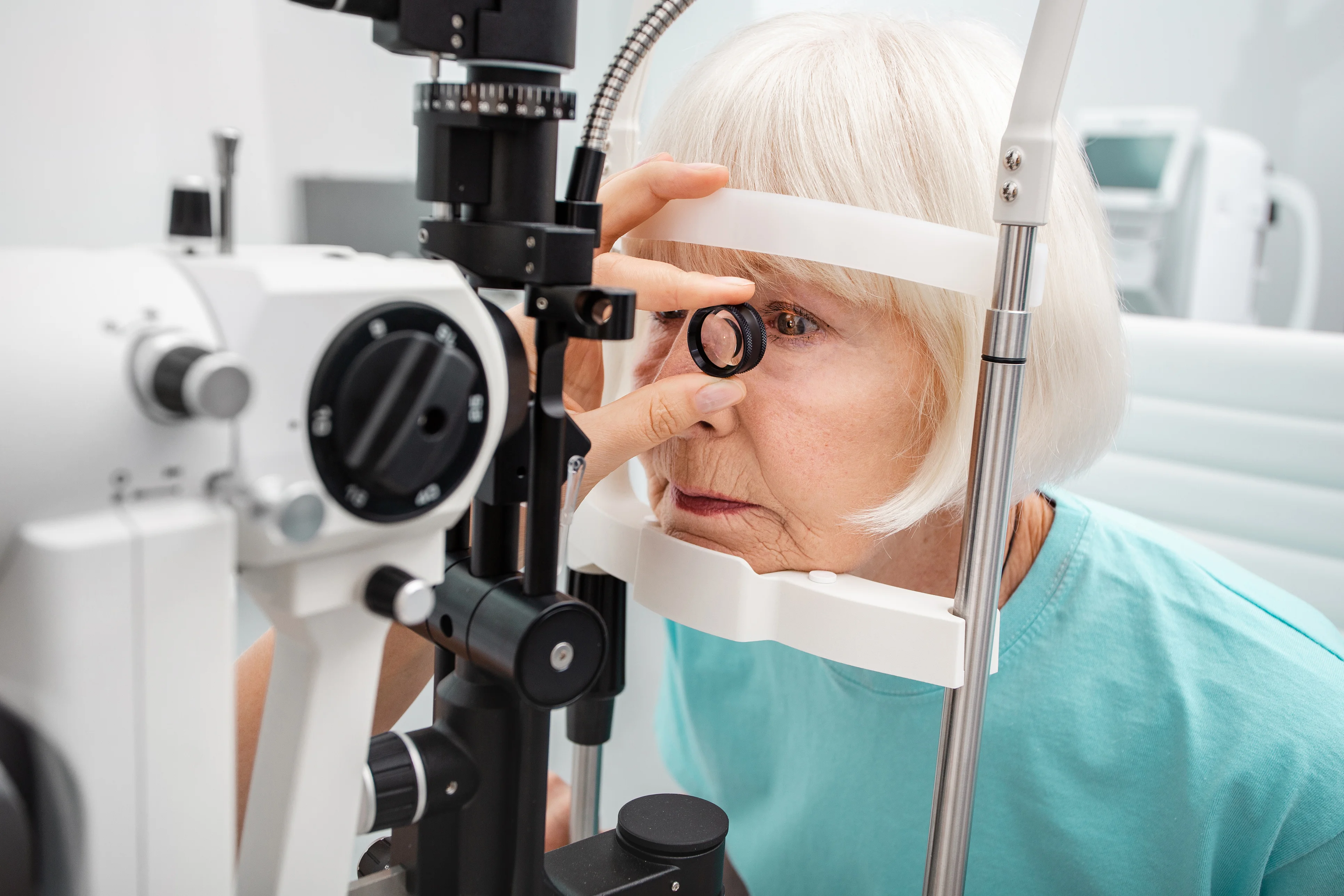Your tumor biology matters
If you have been diagnosed with uveal melanoma, understanding your metastastic risk is important for guiding your follow-up care and treatment decisions.
Learn how genomic testing with DecisionDx-UM can accurately determine the risk of your cancer spreading to other parts of your body.
Timing is important
Most newly diagnosed uveal melanoma patients choose to have a tumor biopsy taken for genomic testing. If you are considering having a tumor biopsy, it is important to discuss the option with your healthcare provider before your primary eye tumor is treated. Your healthcare provider will give you more information about the biopsy procedure and any associated risks. Scroll down to learn more about how genomic testing can accurately predict whether your uveal melanoma will spread.
Learn how genomic testing with DecisionDx-UM can accurately determine the risk of your cancer spreading to other parts of your body
Learn how DecisionDx-UM has made a significant impact on the lives of other uveal melanoma patients
More about uveal melanoma
Although it is rare, and its cause is not well understood, uveal melanoma is the most common form of eye cancer in adults in the US, with about 2,000 diagnoses each year. This form of eye cancer, also known as ocular melanoma, may occur in any of the three parts of the uvea. For this reason, it may also be referred to as choroidal, ciliary body, or iris melanoma based upon its exact location. The choroid is the most common place for a tumor to develop.
While uveal melanoma is a potentially fatal form of cancer, many patients go on to live long and healthy lives. Available treatments such as eye-sparing radiation or eye removal almost always control the original eye tumor. However, in up to half of patients, the cancer has already spread, or metastasized, prior to diagnosis, an event doctors call micro metastasis. The cancer can eventually move to another part of the body, usually the liver, where it is much more difficult to treat.
However, there is hopeful and growing evidence that early detection and targeted treatment may be able to achieve better outcomes.





